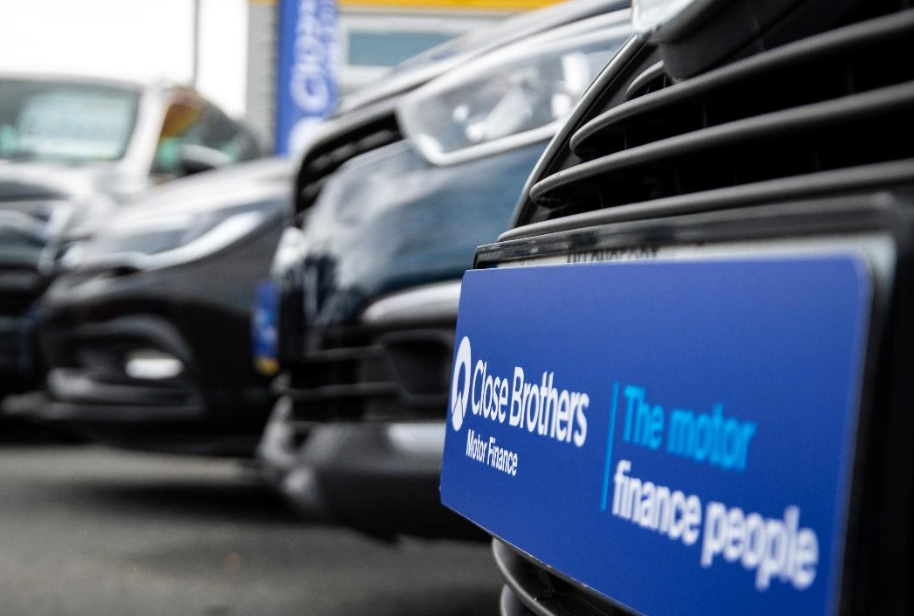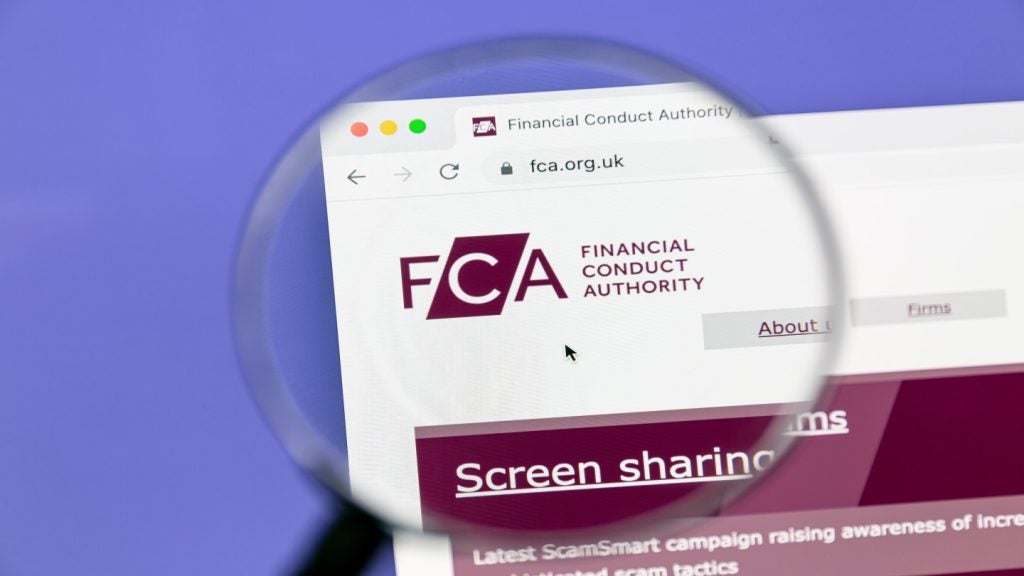
Sustainability is one of the most important factors influencing decision-making for European companies. But while every second company has set concrete CO₂ targets for the future, only one-third are actively monitoring their fleet emissions, Alphabet’s European Fleet Emission Monitor finds.
The survey of international fleet decision-makers also highlighted a notable shortage of holistic tools that help organisations measure and track their decarbonisation progress.
Sustainability continues to gain space in business strategies and mobility has a key role to play when it comes to contributing to environmental objectives. In order to better understand if companies are meeting their sustainability targets and gather insight into current business practices and attitudes towards CO₂ emissions, Alphabet surveyed over 700 corporate fleet managers in 12 European countries.
The survey identified that while 51% of companies acknowledge the significance of sustainability in their business decisions, only 37% actively monitor CO₂ emissions. And remarkably, 17% have no knowledge of their fleet emissions whatsoever.
These findings indicate that despite recognising the importance of sustainability in their operations, many businesses are not implementing adequate measures to record and reduce their carbon footprint and a more comprehensive approach may be necessary in order to achieve their sustainability goals.
Spotlight on sustainability
Sustainability is widely accepted as a crucial factor for fleet managers, with close to two-thirds acknowledging the overall need to consider it in business decisions and a similar proportion (61%) taking sustainability into account during fleet planning.
However, sustainability does not play a consistent role in decision-making for all companies; 38% revealed that they are aware of its importance and discuss it, but do not always bear it in mind. And a further 10% admitted that they do not consider sustainability at all when making company-wide decisions.
Businesses need to know their numbers
Promisingly, reducing fleet CO₂ emissions is a key focus for 83% of companies surveyed. In fact, more than half of these businesses have set specific CO₂ goals for the future, with over a third aiming to achieve them within the next two to five years.
To reach their decarbonisation targets, organisations must proactively manage fleet CO₂ emissions. Yet, the data suggests that most are overlooking CO₂ monitoring: only one in three companies currently monitor fleet emissions and 35% do not have any plans to start monitoring emissions in the future. Without this vital information, businesses have no way of knowing if they’re on track to achieve their goals or what measures to adjust in order to reach them.
When it comes to those companies that are monitoring fleet CO₂ emissions, a significant number (48%) do not use a suitable fleet management tool and rely on their own calculations based purely on fuel consumption data instead. While a further 31% turn to manufacturer data collected in Excel spreadsheets.
“Our customers are at the very heart of everything we do, and the survey results have identified a pressing need for a comprehensive and user-friendly CO₂ monitoring solution – particularly with the EU Corporate Sustainability Reporting Directive (CSRD) coming into effect from 2024,” states Andreas Baron, Sustainability and Consulting Expert at Alphabet International.
“Our aim is to guide fleet and sustainability managers towards their CO₂ objectives, and an important initial stride towards achieving this is ensuring they have access to a reliable system that gives them a clear snapshot of their current position and enables them to adjust their fleet accordingly. That’s why Alphabet is investing in a new CO₂ monitoring tool.
“We’re teaming up with an esteemed external partner to develop an innovative offering that empowers fleet managers. The tool will help fleet managers balance economic efficiency with sustainable practices and make well-informed, meaningful decisions with ease. We look forward to sharing more details about this exciting partnership in the coming months,” adds Andreas.
Electrification still a major challenge
The results of Alphabet’s European Fleet Emission Monitor also underline the importance of electrification. According to the survey, the majority (69%) of decision-makers believe their fleet will be fully electrified in the future; 30% anticipate it being entirely free of petrol and diesel vehicles within the next six to ten years and 29% expect to make the switch in less than five years.
Despite this optimism, the research revealed that there are still significant barriers to electrification that need to be addressed. Less than 1% of companies surveyed have fully transitioned to EVs, and an overwhelming 94% of fleet managers see challenges on the road to zero with range and charging infrastructure topping the list of concerns. Employee reluctance to transition from traditional ICE vehicles was also identified as a major obstacle by 7% of respondents.
While it’s clear that fully electrified fleets are on the horizon, there is still much work to be done to overcome these roadblocks and make sustainable fleets a reality for the majority.
“We are witnessing a shift in economic thinking. Sustainability has gained a much higher significance in decision-making over the past couple of years,” says Markus Deusing, CEO of Alphabet International.
“Fleet planning is a great example of how challenging it can be to bring economic efficiency or profitability in balance with a sustainability-oriented business model. Success and sustainability need to be compatible, and they can be. The first step is to make sure fleet managers have access to a system that allows them to fully understand their status quo and make changes accordingly.
“The survey results serve as a call to action for companies to take immediate steps to reduce their emissions and adopt a more sustainable approach. It is the responsibility of all of us to lead by example and implement measures that help create a greener future for generations to come.”
Interest waning in new electric vehicles







